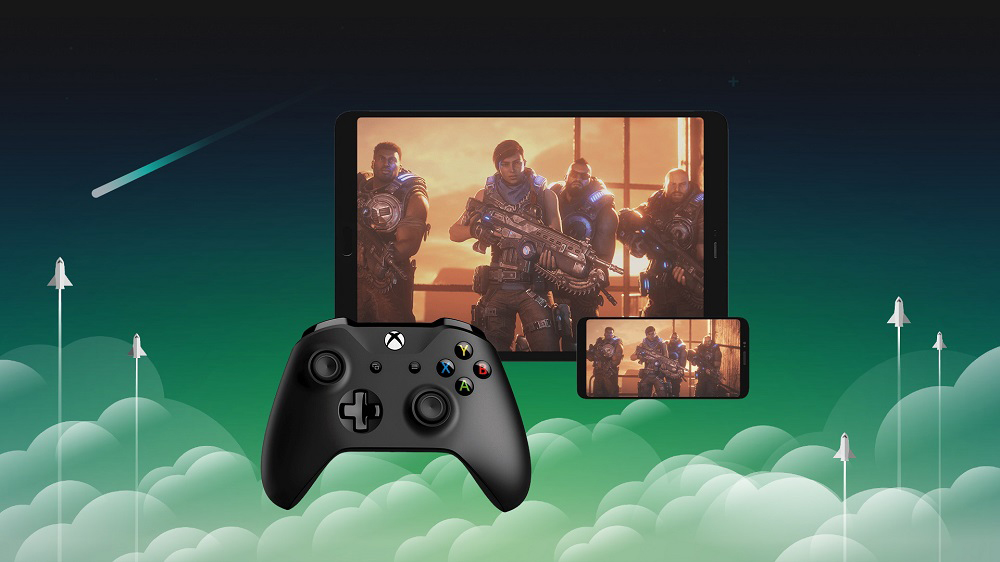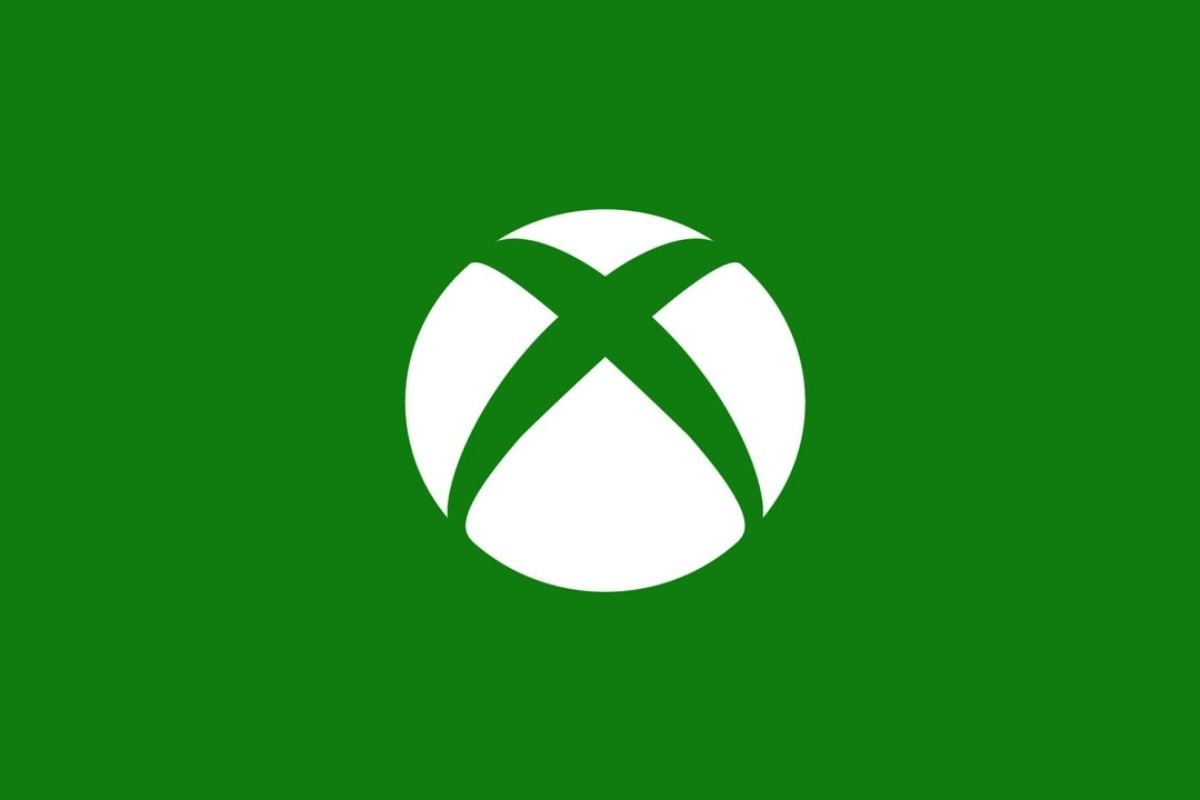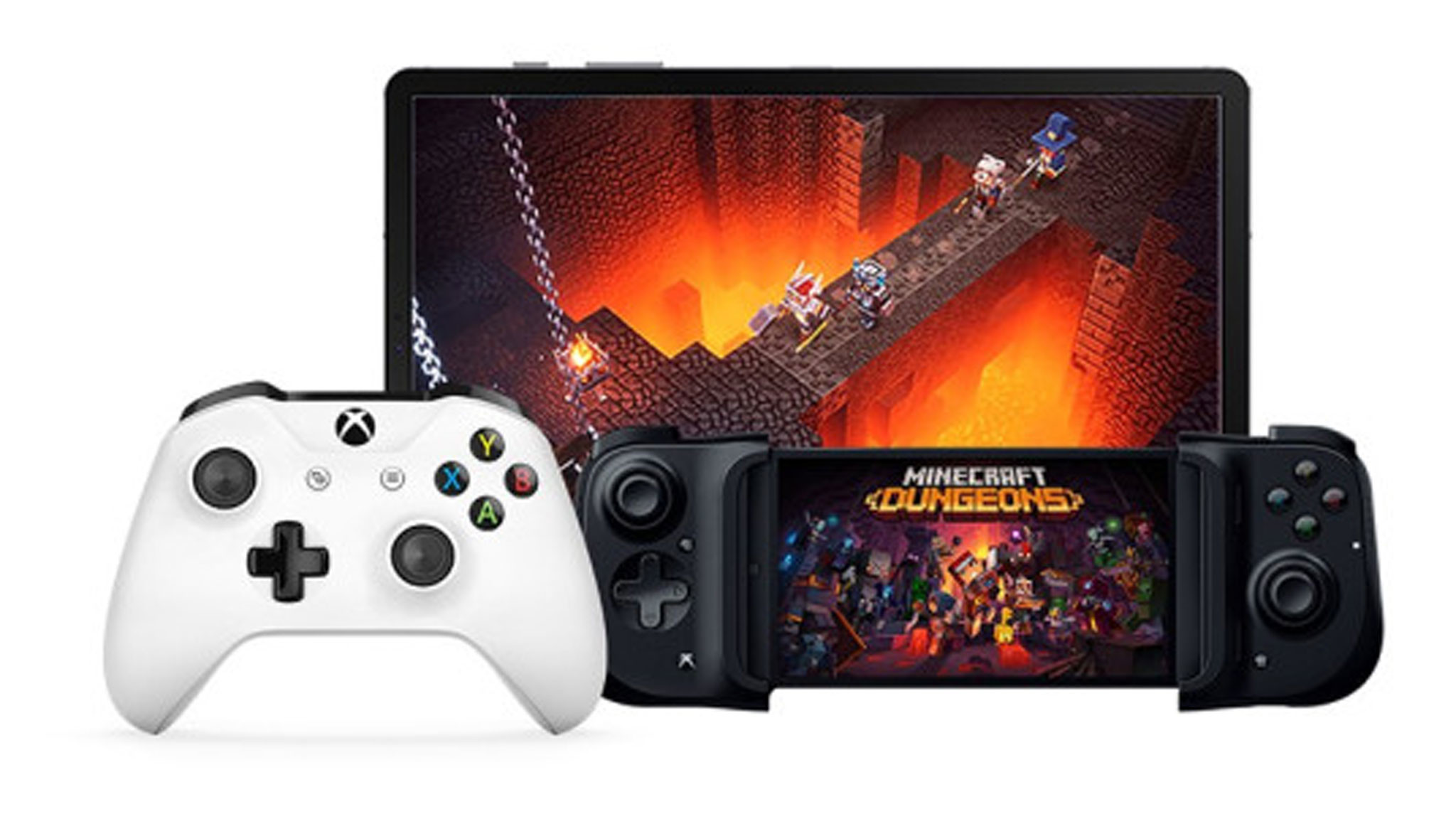

Where competitors definitively do not have an edge is the library quality. Although, I would say that at the very least, NVIDIA GeForce still has an edge here, as of 2022. Overall, I am seeing performance quality far closer to Stadia than I was previously, at least where latency and artifacts are concerned. I get a far, far better experience in the suburbs in Germany, with 100MB down, possibly due to lower amounts of congestion and noise.

Signal noise and congestion in cities seems to play a big role in the quality of xCloud. Sadly, it didn't seem to make a huge difference as you might expect. I recently upgraded to 1,000MB down with Wi-Fi 6, to see how it might improve the experience. I was also using their in-house Virgin Media "SuperHub," made in partnership with Netgear, which is notoriously bad for signal degradation. The last time I wrote this, I was on 100MB down with Virgin Media in the U.K. It's difficult to review latency definitively, because for you as the end-user, so many variables can impact your experience. The gap is steadily closing, and I'm now able to reliably play Halo at 60 FPS without having to account for lag or major artifacts, although again, the latency varies heavily depending on whether I'm in the U.K. More recently, Microsoft rolled out some kind of OS update on the server-side, producing latency and streaming quality far closer to what we get on some of its competitors.

NVIDIA GeForce Now and other services consistently best Microsoft's offering in tests, at least previously. One of the biggest drawbacks of xCloud versus some of its competitors was latency superiority.

Well, provided you have a consistent connection, that is. For its Xbox customers, Microsoft is gradually rolling out the ability to take your console experience with you anywhere, on any device, at any time. Since then, Microsoft has become something of a cloud powerhouse, hitting an astronomical market cap in a battle for service dominance with Amazon and others. We have reports and documents dating all the way back to 2012, about 10 years ago, where Microsoft began exploring and ramping up its tech in this space. Xbox Game Pass's cloud platform is pioneering, and many years in the works. Source: Jez Corden | Windows Central (Image credit: Source: Jez Corden | Windows Central)


 0 kommentar(er)
0 kommentar(er)
